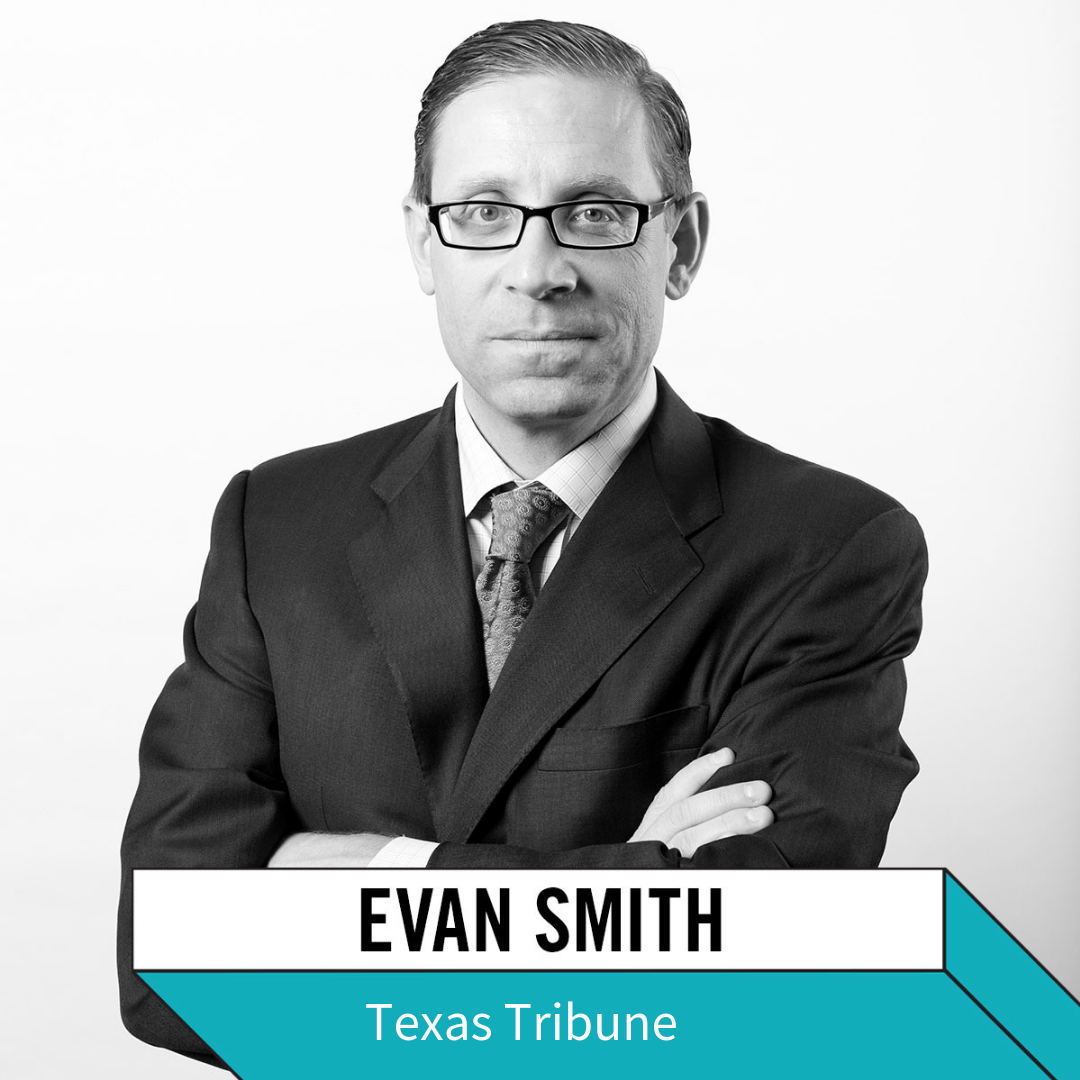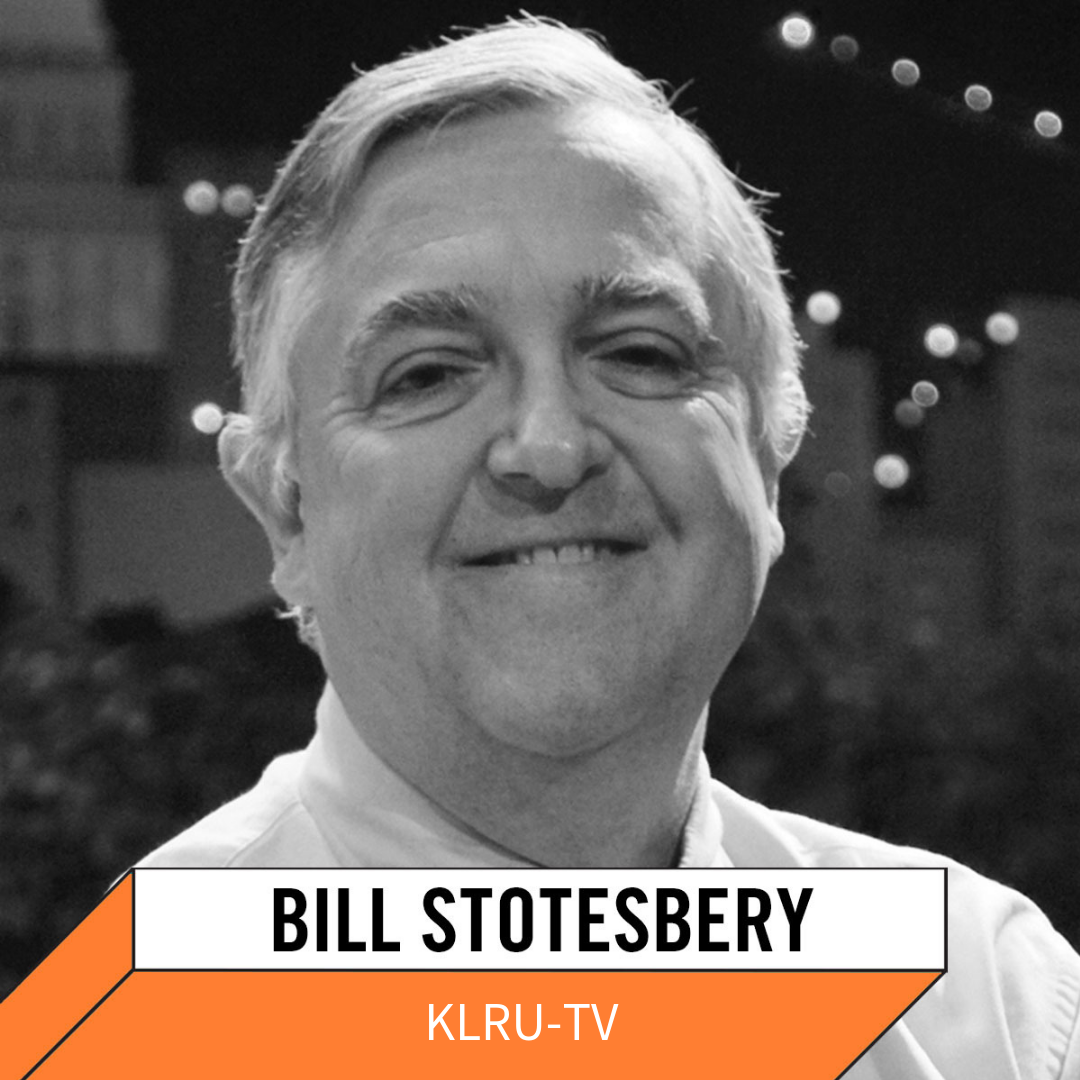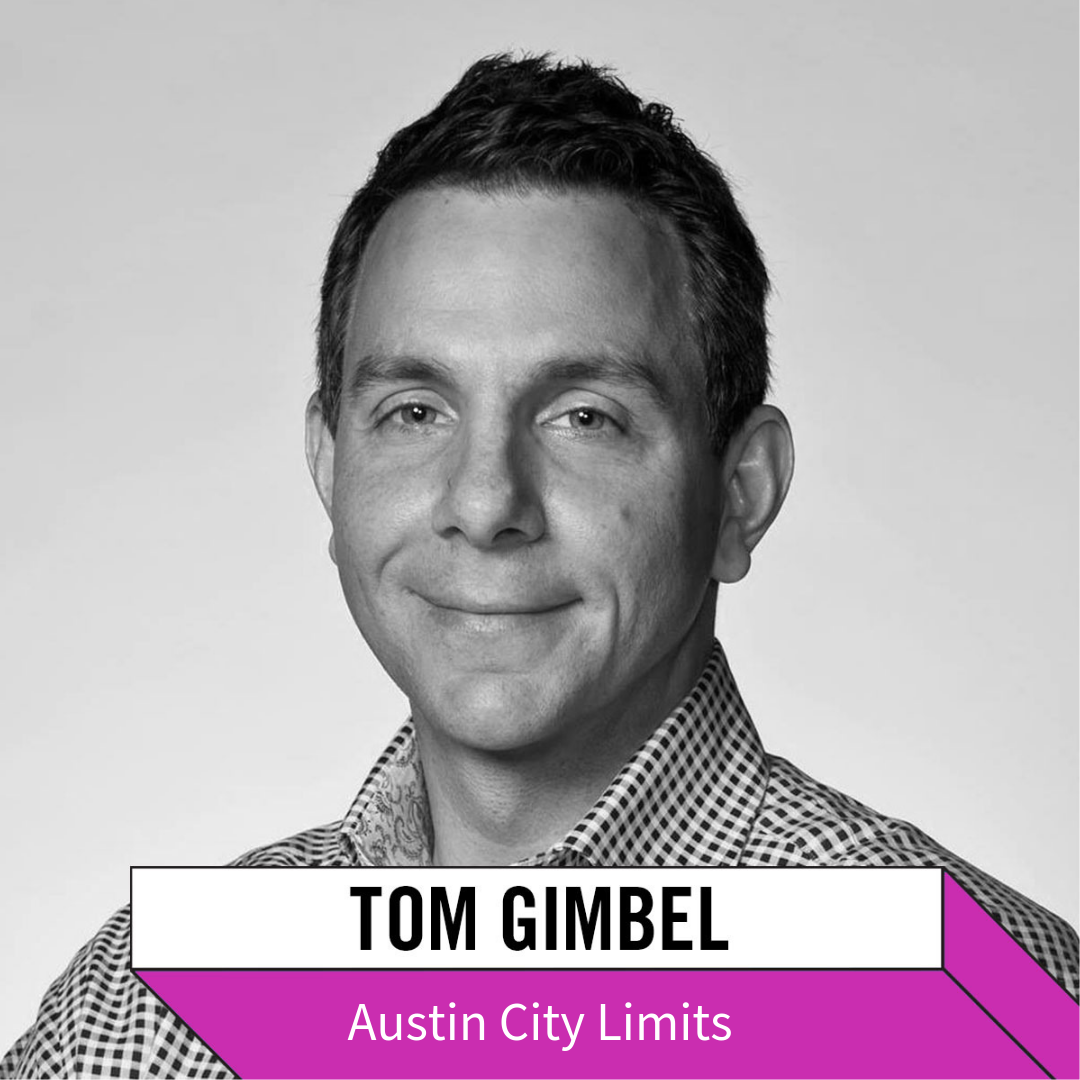IN CONVERSATIONS
In Conversations are a more intimate main stage discussion. They take place in the main ballroom during concurrent Breakout Sessions and Dialogues and feature some of Austin's leading innovators.
The Story of The Texas Tribune
“Our only bias is in favor of Texas.”
Questions we’ll explore with Evan:
How has The Texas Tribune managed to grow and thrive?
How does the Tribune raise funds from folks across the ideological spectrum?
Why are events important to The Tribune?
What have you learned along the way?
Evan Smith is the CEO and co-founder of The Texas Tribune, a pioneering nonprofit, nonpartisan digital news organization whose deep coverage of Texas politics and public policy can be found at its website, texastribune.org, and in newspapers and on TV and radio stations across the state. Since its launch in 2009, the Tribune has won international acclaim and numerous honors, including a Peabody Award, sixteen national Edward R. Murrow Awards from the Radio Television Digital News Association and three general excellence awards from the Online News Association. Evan is also the host of “Overheard with Evan Smith,” a weekly half-hour interview program that airs on PBS stations around the country.
“The work we do is important. And it needs to be paid for. There are appropriate sources of revenue out there. There is nothing to be ashamed of when putting a ‘for sale’ sign on as much stuff as possible, provided that it doesn’t have a negative impact on the work that you do or doesn’t create a negative perception of your integrity.”
As it builds a new nonprofit media model, gathering people at public events has been a big piece of the puzzle. The Tribune has hosted more than 60 public events — all free — attracting top influencers, big audiences, and hundreds of thousands of dollars in corporate sponsorships. Now the Tribune is blowing up the event and throwing The Texas Tribune Festival, a weekend of ideas for policy wonks, lobbyists, and anyone else invested enough in local government to pay $125 for a ticket.
“Events are journalism — events are content. And in this new world, content comes to you and you create it in many forms. A lot of better established nonprofit news organizations — and I’m not counting the public broadcasting TV and radio stations but the sites that are similar to ours, ones that have been in existence longer — really have not approached the task of soliciting corporate support, underwriting, and sponsorships. We’ve just not seen other folks approach this, and they started to call us and ask us and our folks, you know, ‘How are you doing this?'”
The Story of SXSW
“Conferences are the new church…”
Questions we’ll explore with Hugh:
In an era of easy digital connections, how and why does South by Southwest continue to grow?
What’s the value of in-person gatherings?
What’s the most exciting thing you see on the horizon?
How do you program the conference? What have you learned along the way?
Why quality is much more important that quantity
When Hugh Forrest joined South by Southwest (SXSW) in 1989, it was a little-known and locally-focused music festival. 30 years later, as SXSW’s Chief Programming Officer, Forrest helps to play host to the tens of thousands from around the globe who flock to Texas for what has become a global juggernaut commonly known as South-by…. The festival has grown remarkably in its size, breadth, and impact during his tenure and now brings together more than 70,000 people for nine days of panels, presentations, brainstorming, networking, deal-making, socializing, creating, innovating, and fun.
“SXSW has always been a strong reflection about what is hot in Austin. When the event debuted in 1987, it was entirely focused on music — and that was a time when the Austin music scene was generating huge national / international buzz.
We added Film in 1994 because the film scene here was beginning to make waves with young, up-and-coming talent like Richard Linklater and Robert Rodriguez. It also made sense to add Multimedia to the mix in 1994 because this new wave of technology was beginning to take hold in Central Texas.
“What keeps me going is when I hear about the opportunities that the event has helped unlock for them. It makes me extremely proud when a startup tells me that pitching at SXSW helped them secure funding. Or when a company tells me that they made a crucial hire as a result of a meeting they had at SXSW. Or when someone tells me that being at SXSW opened their mind to a brand new idea which led to a new partnership which led to a new business. It’s a great feeling to play a small role in these kinds of career / life milestones.”
In addition to his work at SXSW, Hugh has served on the National Advisory Board for the Poynter Institute in St. Petersburg, Florida. He is currently part of the Board of Directors for Austin Habitat for Humanity and also serves on the Board of Directors for the Austin-based accessibility company Knowbility. Additionally, he is a trustee for the Austin Awesome Foundation.
Before joining the SXSW team in the dark ages of 1989, Hugh founded a small monthly alternative publication called The Austin Challenger. He also wrote for several other newspapers and publications, including the Austin Chronicle, the Texas Sports Chronicle, the West Austin News, Willamette Week and the Seattle Weekly.
The Story of Austin City Limits
“Dealing with the process of communication... Trying to figure out how to make complicated things simpler; or trying to figure out how to make things that aren’t well defined, better defined; or make some form out of some puff of smoke....”
Questions we’ll explore with Bill and Tom:
How have you transformed Austin City Limits into a global brand?
How do you expand a brand while maintaining its core mission and integrity?
What role has communications played in ACL’s growth?
How has KLRU/Austin City Limits created a new non-profit media model?
Austin City Limits (ACL) is the longest-running music program in television history. Featuring guests ranging from local hero Willie Nelson to Pulitzer Prize winning hip hop superstar Kendrick Lamar. Now in its 45th season on air, the PBS program has received the National Medal of the Arts, the Texas Medal of the Arts, and a Peabody, among many accolades. Bill Stotesbery and Tom Gimbel, who lead KLRU and Austin City Limits respectively, have been pioneers in building a new nonprofit media model in Austin.
Beyond the bright lights and bright stars, an even more interesting story has emerged offstage: how KLRU-TV, the local Austin PBS station, has guided the evolution of Austin City Limits over 45 years from a modest local music show to a global brand and career-capping destination for musicians, and the impact that evolution has had on the local community and on nonprofit’s operations and opportunities.
Six years ago, KLRU created Austin City Limits Enterprises, a for-profit subsidiary. As 501(c)(3) nonprofits, KLRU and Austin City Limits must adhere to their designated community mission. ACL Enterprises can pursue commercial opportunities that can generate meaningful revenue for the nonprofits in an age when many traditional media models are struggling.
"What everyone at KLRU does to edit and deliver the show to PBS, all of that remains pure and untouched. That will always be [the] mission – to not mess with Austin City Limits. But how can we create supporting ancillary opportunities based on the ACL brand and the ACL lifestyle? You can do things with that ACL aesthetic and the brand and heritage and legacy, while always protecting the mother ship."





